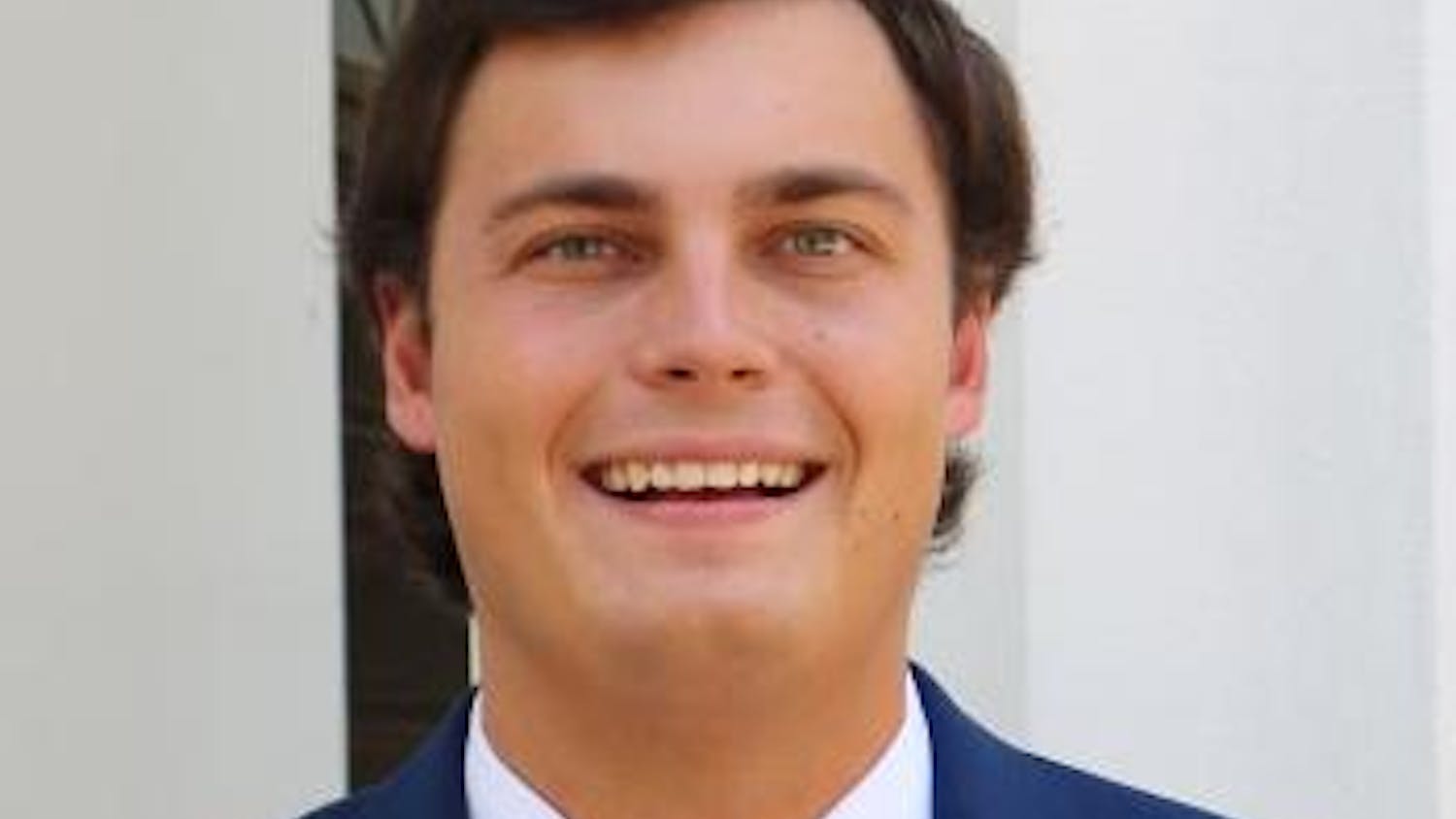President Donald Trump’s travel ban still weighs heavily on the minds of three panelists who discussed prejudice against people of Muslim faith Tuesday night.
About 25 people gathered in Ustler Hall for a discussion about xenophobia, Islamophobia and the executive order banning travel from seven Muslim majority countries. Khurrum Wahid, Kenneth Nunn and Gwendolyn Simmons spoke for about an hour and a half during the event, hosted by Emerge USA, a national nonprofit.
The travel ban, signed on Jan. 27, is history repeating itself, said Wahid, the group’s national board co-chair. The ban is similar to increased security and vetting measures that followed the 9/11 attacks.
“This is the least sophisticated way it’s been done,” he said.
Trump’s administration should issue a new executive order as early as this week addressing legal issues regarding the original, he said. This time, green-card holders as well as people already in transit to the U.S. when the order is enacted will most likely be admitted into the country.
The administration is also likely to add another non-Muslim country to the list to discredit claims that it’s a Muslim ban, Wahid said.
“This was not hidden at all throughout the campaign, and it was something at least half the country really didn’t buy into,” Wahid said. “There is a real tangible and concrete threat.”
He said the new order will be to inform the media that the president’s power won’t be questioned regarding national security. It will also be to establish that institutions cannot constrain Trump, he added.
Nunn, the associate director of UF Law’s center on children and families, said race and immigration are social constructs to determine people’s rights and their place in America.
“Banning people on the basis of religion and national origin is not any different and should be protested with the same vigor as cases where black people who are unarmed are shot in the street,” Nunn said.
Since the executive order, there has been more violence against Islamic mosques and Jewish synagogues, said Simmons, a UF religion professor.
Fear of Sharia law is often used to justify hatred by Islamophobic people and then used against Muslims to prevent them from obtaining citizenship, she said. But the lawyers helping people stuck in airports and the protestors across the nation give her hope.
“This is a long struggle; it’s not going to be turned around overnight, so we have to gear up for a long fight,” she said.
Logan Loadholtz, a 19-year-old UF environmental science sophomore, said after the event she wants to do more research about the topics.
“I think it’s a really important topic that definitely should be addressed more and that I didn’t know much about,” she said.





